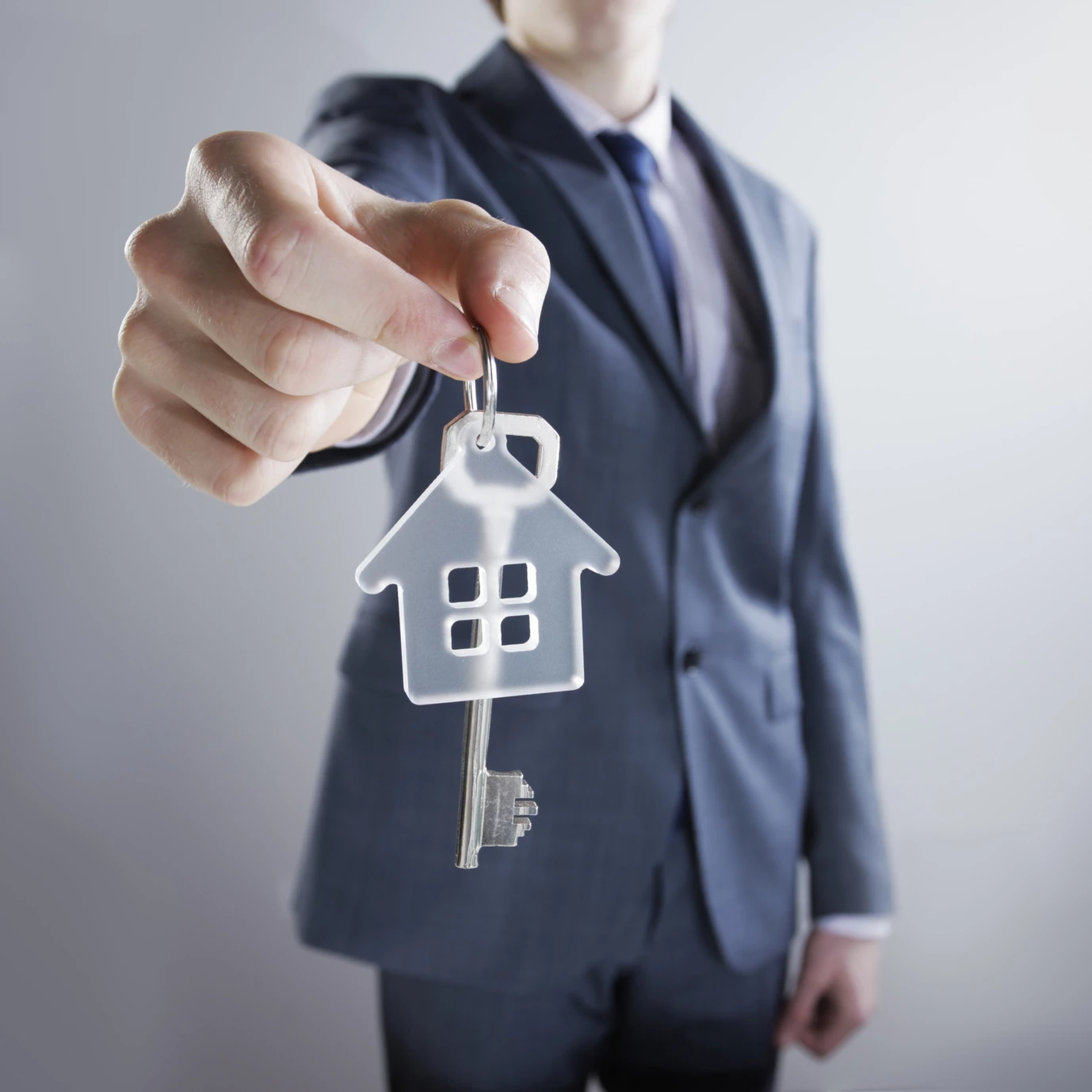
It seems like everyone either owns a home or is saving to purchase a home. Certainly, there are significant financial and tax reasons for owning a home. While you typically only make a down payment of 10% or 20% of the home's cost, you retain all price appreciation on the home. Part of each mortgage payment builds equity in your home. In the beginning, that may only be a small portion of each payment, but significant equity can be accumulated over a period of years. Historically, homes have provided a good hedge against the impact of inflation.
There are also significant tax advantages to home ownership. Mortgage interest and property taxes can be deducted on your tax return as itemized deductions, reducing the cost of home ownership. When you sell the home, a significant amount of capital gains can be excluded from tax. If the home was your primary residence in at least two of the preceding five years, you can exclude $250,000 of gain if you are a single taxpayer and $500,000 of gain if you are married filing a joint return.
But despite these advantages, you should still evaluate whether owning a home makes sense for your particular situation. Some factors to consider include:
- How long will you live in the home?
Besides the purchase price of the home, you must pay closing costs, which can add substantially to the cost. There are also costs involved when you sell the home, which typically include the real estate agent's commission of 6%. Thus, you'll usually need to live in the home for at least five to seven years to make it a worthwhile financial decision. If you plan to move before that, carefully calculate your costs before purchasing.
- Can you afford to take on the debt?
Generally, lenders prefer that your total debt payments, including your mortgage debt and other consumer debts, not exceed 40% of your gross income. Don't simply rely on this rule of thumb. Make sure you're comfortable with the amount of debt you are incurring and you'll still have enough disposable income to save for other goals, such as your retirement.
- Can you make a large enough down payment?
While it's now possible to purchase a home with no down payment, that's typically not a good financial alternative. If possible, strive to make a down payment of at least 10% to 20% of the home's purchase price. If your down payment is less than 20%, you'll have to pay private mortgage insurance, which can typically total .25% to 1.25% annually of your mortgage balance. Another danger with a low down payment is that if you are forced to sell soon after purchase, you may not net enough from the sale to pay off your mortgage.
- Have you considered all costs?
Besides the mortgage payment and property taxes, there are other costs involved with owning a home. You'll be responsible for all utilities, insurance, and repairs and maintenance on the home.
Several factors need to be evaluated before deciding whether you should rent or own a home.
 It seems like everyone either owns a home or is saving to purchase a home. Certainly, there are significant financial and tax reasons for owning a home. While you typically only make a down payment of 10% or 20% of the home's cost, you retain all price appreciation on the home. Part of each mortgage payment builds equity in your home. In the beginning, that may only be a small portion of each payment, but significant equity can be accumulated over a period of years. Historically, homes have provided a good hedge against the impact of inflation.
It seems like everyone either owns a home or is saving to purchase a home. Certainly, there are significant financial and tax reasons for owning a home. While you typically only make a down payment of 10% or 20% of the home's cost, you retain all price appreciation on the home. Part of each mortgage payment builds equity in your home. In the beginning, that may only be a small portion of each payment, but significant equity can be accumulated over a period of years. Historically, homes have provided a good hedge against the impact of inflation.